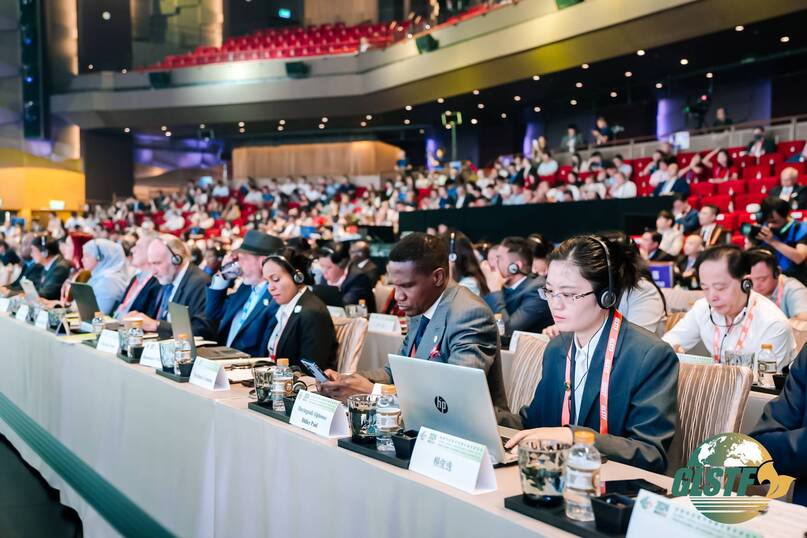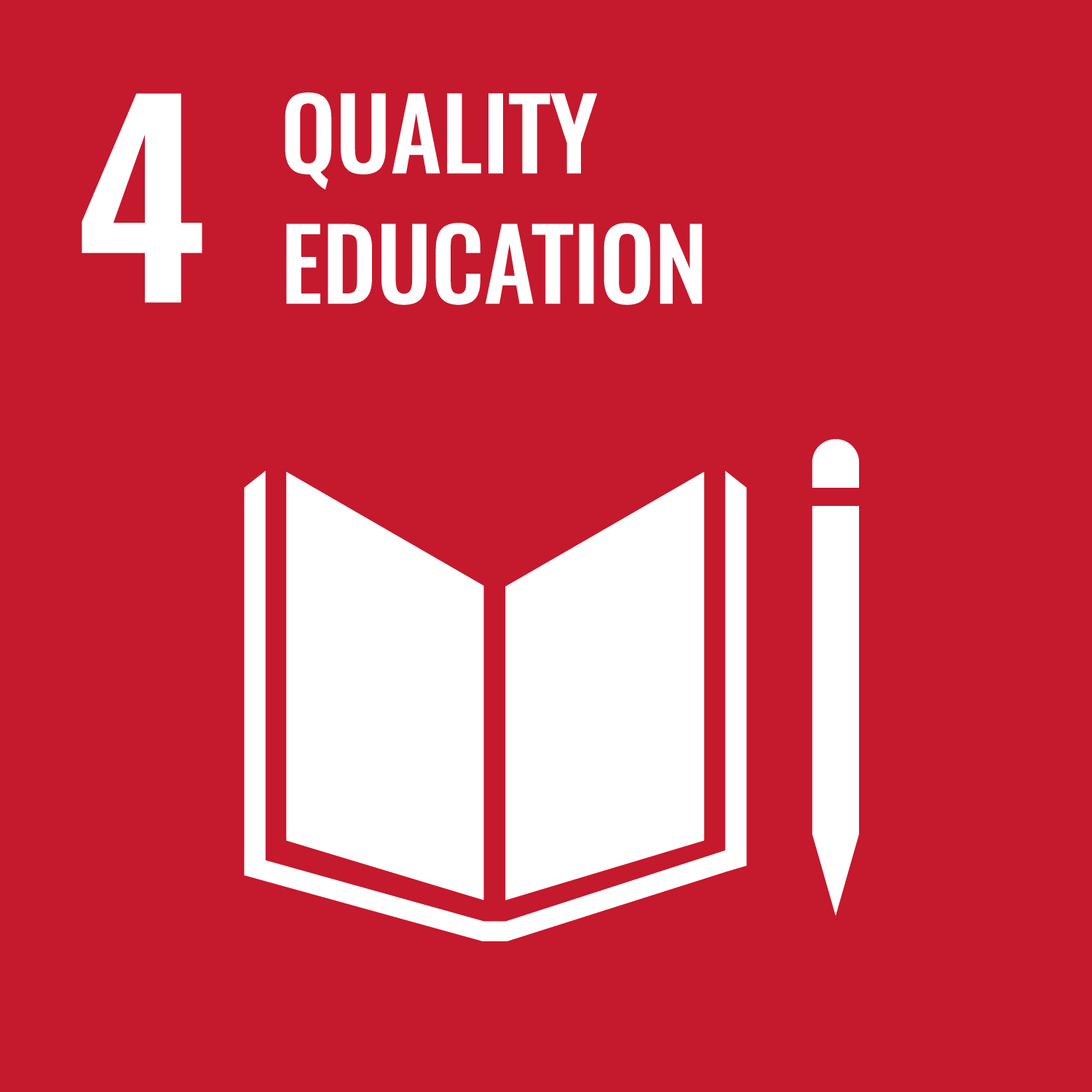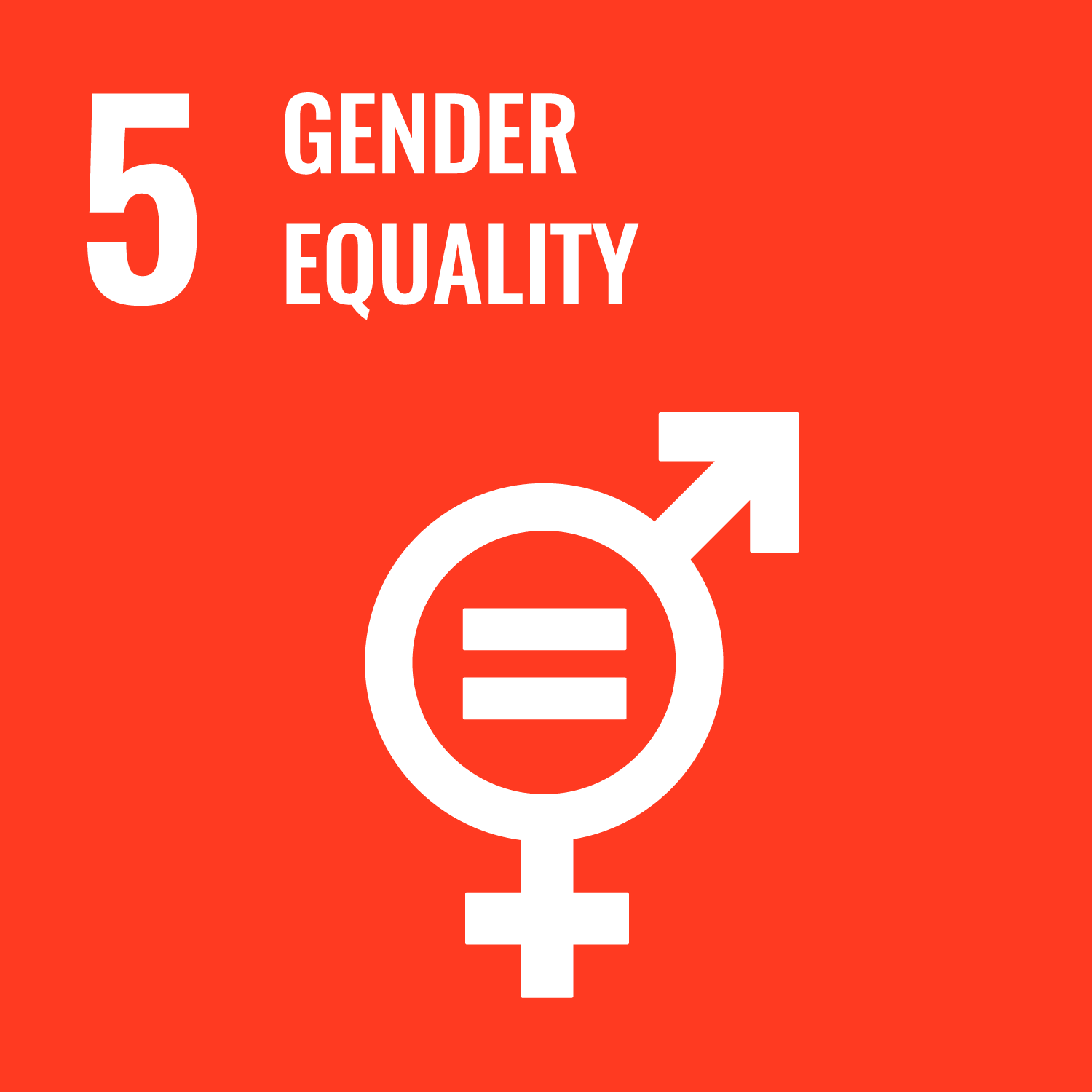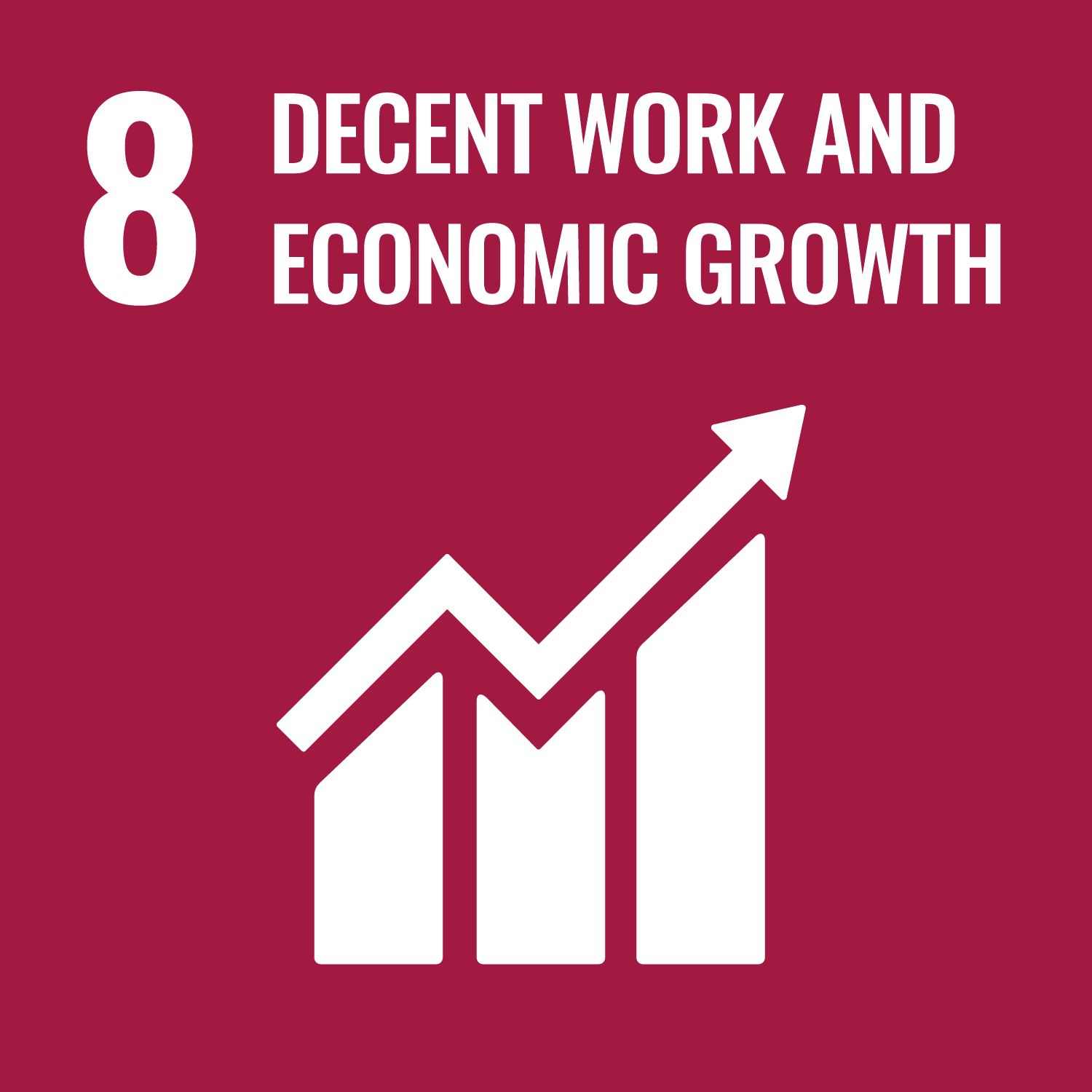Global timber forum launches action framework for legal and sustainable timber supply chains
12 September 2024

Plenary on the opening day of the 2024 GLSTF. Photo: GGSC, ITTTO
Macao, 12 September 2024: The Global Legal and Sustainable Timber Forum (GLSTF) has launched the Action Framework for Promoting Legal and Sustainable Timber Supply Chains to strengthen international collaboration among stakeholders in timber supply chains, promote the sustainable development of the timber industry, and contribute to the Sustainable Development Goals and combating climate change.
The GLSTF was created in 2023 by ITTO and Macao’s Commerce and Investment Promotion Institute (IPIM), and the inaugural Forum was convened in 2023. GLSTF 2024 brought together more than 700 participants from over 40 countries, representing governments, industries, associations, companies, international organizations and academics.
In her opening address at GLSTF 2024, ITTO Executive Director Sheam Satkuru asserted that the GLSTF is a collaborative platform of timber industry stakeholders designed to strengthen networking and business exchanges among timber industry stakeholders to facilitate sustainable forest management and the legal and sustainable use and trade of timber and wood products.
The Action Framework, endorsed by Forum participants, will enable the identification and implementation of practical actions to help build legal and sustainable timber supply chains. (The Action Framework is available for download at the end of the story.)
“The GLSTF is an important and innovative forum that, for the first time, is bringing together timber-sector actors across supply chains to support the implementation of sustainable forestry and the legal and sustainable use of timber,” said ITTO Director of Trade and Industry Nurudeen Iddrisu on behalf of Ms Satkuru. “We need now to strengthen its work with concrete action, as outlined in the Framework launched today.”
The Action Framework sets out eight action areas—(1) partnership networking; (2) information-sharing; (3) market access facilitation; (4) certification and traceability innovation; (5) innovative technologies and technology transfer; (6) ways and means for sustainable finance and investment; (7) industrial clusters and parks development; and (8) capacity building and training.
“There is huge potential to expand action in all these areas and more,” said Dr Iddrisu. “We invite all stakeholders in the timber sector and along supply chains to jointly implement the Action Framework based on the principles of voluntariness, openness and transparency.”
GLSTF 2024 was organized around the theme, “together towards reliable and effective global timber supply chains”. Convened over two intense days, it comprised diverse activities, including the main forum; four sub-forums covering timber legality and sustainability responses to emerging trade requirements, timber resources and integration in global timber markets, advanced technologies and machinery for timber processing, and green finance and innovative financial mechanisms and opportunities for sustainable forestry; side-events on gender equality and the empowerment of women, and youth leadership on wood and bamboo buildings; B2B matchings; bilateral meetings; the release of a set of Forum achievements; an industry exhibition; and a press conference. Participants discussed topics related to promoting reliable and effective global timber supply chains and heard many valuable opinions and suggestions.
Rupert Oliver, a timber trade expert and a facilitator at GLSTF 2024, said the Forum is providing much-needed leadership.
“One major challenge identified during our discussions was the lack of consumer awareness of the positive role that the tropical timber industry can play—indeed is already playing—in helping to maintain tropical forests and the contribution it makes to rural livelihoods. There is little awareness outside the forestry sector of the strong level of commitment to development of national legal and sustainable forestry systems, and to the evolution of highly transparent supply chains.”
“We know the tropical timber sector has a major role to play in addressing some of the biggest global challenges of our times,” said Dr Iddrisu. “In the past, however, there has been a lack of cohesion and therefore the positive messages are often not heard. We need to be partners, not adversaries.”
“The good news is that there are already several initiatives building these partnerships in various parts of the world, and the GLTSF has a significant role to accelerate this process,” said Mr Oliver.
Access the presentations and videos of the main forum
Watch ITTO Executive Director Sheam Satkuru’s opening message
Read the article on the Macau Daily Times on the opening of 2024 GLSTF
Read the article on the Macau Daily Times on the closing of the 2024 GLSTF
Download the Action Framework for Promoting Legal and Sustainable Timber Supply Chains







